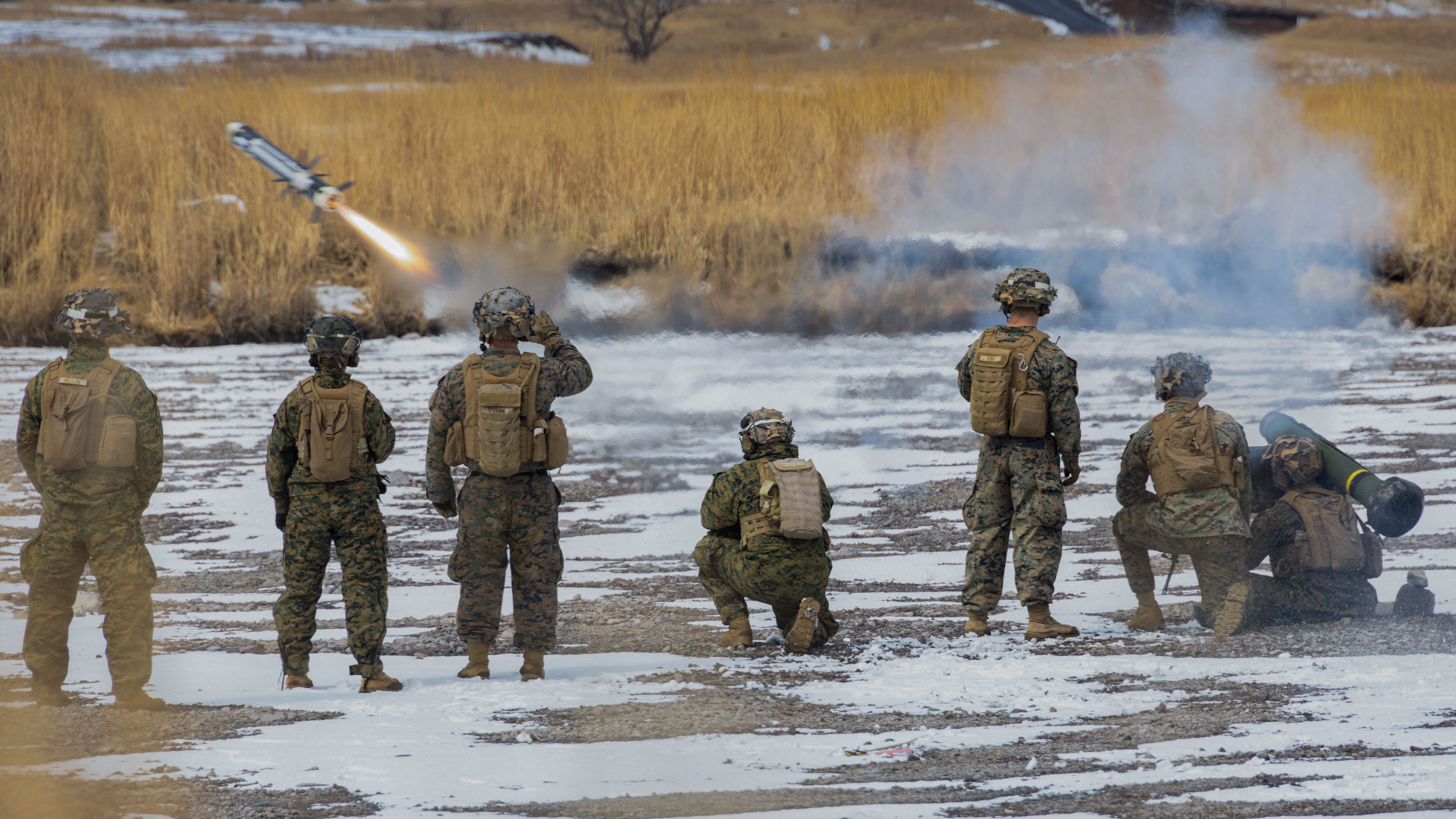A pair of contracts designed to improve the quality of care in Tricare’s civilian medical networks will take effect Jan. 1, 2025, according to defense officials.
The contracts are moving forward following a Jan. 31 decision in the U.S. Court of Federal Claims affirming the Defense Health Agency’s choice of TriWest Healthcare Alliance as the Tricare West Region’s new manager, denying a protest lodged by incumbent contractor Health Net Federal Services last year. The award, announced in December 2022, is worth up to $65.1 billion over nine years.
Humana Government Business, the incumbent contractor for Tricare’s East Region, will continue in that role under a new deal worth up to $70.8 billion. The new contracts for the two regions have a potential combined value of $136 billion over nine years.
Work has already begun to shift to the new contracts, said DHA spokesman Peter Graves. Officials began that 12-month transition by holding meetings with TriWest and Humana in January.
Tricare beneficiaries will continue to receive medical care under the current contracts with Health Net and Humana until the new contracts kick in next January.
The new generation of Tricare contracts is designed to improve care for the 9.6 million Tricare beneficiaries in the military health system. The contracts were set to start Jan. 1, 2024, before Health Net contested DHA’s decision with the Government Accountability Office and in the federal court system. The government paused work on both contracts, pending the outcome of the protest.
The changes intend to improve military readiness, health care delivery, clinical quality, patient safety and access to health care “while containing costs” for the Defense Department, Graves said. For instance, the new contracts will allow patients to transfer specialty care referrals to a new doctor when they move, even if their new duty station is not in their current Tricare region.
There are currently 2.8 million Tricare beneficiaries in the West Region. As part of the new contracts, an additional 1.5 million beneficiaries will transfer to the West Region from six states in the East Region: Arkansas, Illinois, Louisiana, Oklahoma, Texas and Wisconsin. The West Region will cover 26 states.
Karen has covered military families, quality of life and consumer issues for Military Times for more than 30 years, and is co-author of a chapter on media coverage of military families in the book "A Battle Plan for Supporting Military Families." She previously worked for newspapers in Guam, Norfolk, Jacksonville, Fla., and Athens, Ga.










